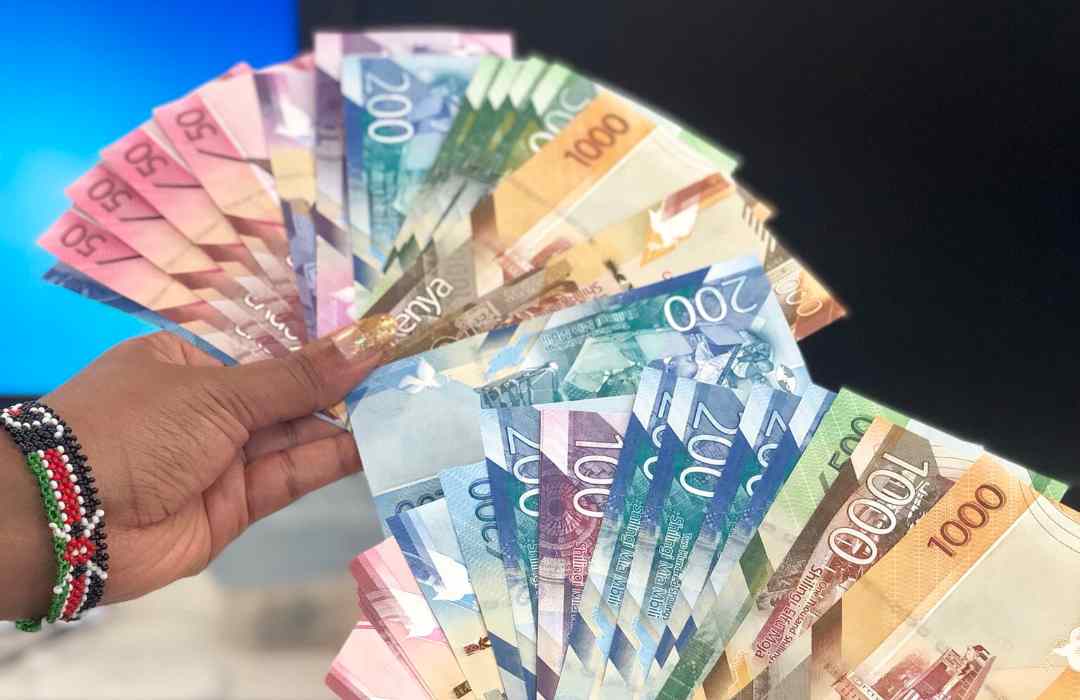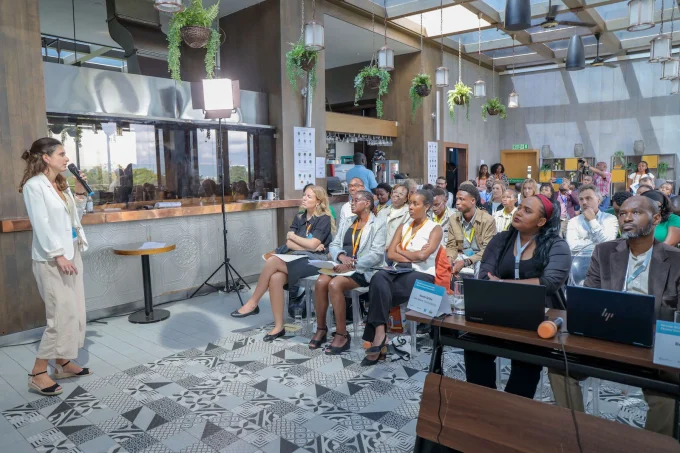BEIJING, Dec. 19 (Xinhua) – In a downtown Beijing cafe, about 20 college girls sit in a queue, silently absorbing stares from a dozen anxious-looking couples in the opposite line. Each couple is assigned an assistant who diligently takes notes of the couple’s inquiries and then shuffled over to the college girls to get the answers.
The most typical question concerns the girls’ ages, birthplace, height, blood-type and hobbies. The couples, mostly infertile, are at the café seeking women willing to sell their eggs. Pairing sessions like these are becoming more common in major cities in China as unauthorized agents thrive on the growing demand for artificial fertilization. Pretty college girls, who are assumed to have better genes, are targeted for their eggs, according to local media and people familiar with the trade. Chinese couples without children face a social stigma, where the patriarchal tradition places immense importance on having children. Infertile couples, pressured to carry on the family bloodline, favor fertility treatment to adoption.
Health experts estimate the infertility rate in Beijing to have shot to 10 percent from 3 percent over the past two decades due to worsening pollution and unhealthy urban lifestyles in the process of rapid urbanization. “An estimated 300,000 women might need artificial fertilization in China,” said Qiao Jie, director of the fertility center of Peking University Third Hospital. “It’s a huge market.” Qiao said his office, considered the best authorized fertility center in Beijing, receives more than 200,000 patients seeking artificial fertilization a year, ten times the number of a decade ago.
However, the doctor says his office doesn’t have enough eggs to operate because the Ministry of Health bans the sale of eggs, which actually fuels the black market. “The government only allows donations and has very strict rules for it,” Qiao said. “If they can wait for years, some patients might be lucky to get a suitable egg.” The Sunshine Surrogate Network, a popular underground agent, charges about 50,000 to 100,000 yuan (7,898 to 15,798 U.S. dollars) to cover services from egg selection all the way to the operation.
The prices vary depending on the quality of the eggs, said a worker with the agency, adding that the priciest eggs usually come from girls studying in the country’s top universities. The clients also prefer girls with good appearances, and some specifically demand a certain height, double-eyelids, and fair skin, according to a woman who has gone through the process. After the pairing sessions, the agent will take the chosen girls to the hospital for a physical examination that focuses on ovary performance.
If they pass, the girls are given injections to boost egg production and then taken to a hospital to have the eggs extracted and frozen for artificial fertilization, said a 20-year-old woman surnamed Li. “I don’t regret selling my eggs, but it’s a secret I won’t allow anyone close to me know,” said Li, who is considering doing it again but worries that her boyfriend might find out.
Typically, college students get 5,000 yuan (about 794 dollars) for her eggs, while those from the elite Tsinghua and Peking universities might get 30,000 yuan (about 4,762 dollars), according to people familiar with the trade. No contracts are signed and the girls are barred from learning which couple gets their eggs,” to avoid complications,” the students said. “I don’t know who got my eggs, and I don’t really want to know,” Li said. “I hope I can gradually forget about it.”
The trend of college girls selling their eggs is controversial. Zhang Yao, a 23-year-old female graduate student from Tsinghua University, said it is unbelievable that any of her classmates would do that. “It’s not a reasonable way to make money,” Zhang said. A female graduate student from Tsinghua University said school authorities have a responsibility to inform female students of the risks, though she doesn’t totally oppose with the idea. Qiao, the doctor, says he worries that unskillful medics will operate on the girls and give unsafe injections, which might have complications that eventually lead to infertility.
“It’s not just unethical but also harmful for college girls who are yet to have their own babies to sell eggs on the black market,” he said. Health experts have called for the government to lift the ban on the human ovum trade to allow some women to sell their eggs — but not college girls. The move will also allow infertile couples to use authorized hospitals instead of turning to the black market, they said. (Xinhua)



![54898599564 ff24dcb84f o[85] (1)](https://businesstoday.co.ke/wp-content/uploads/2025/11/54898599564_ff24dcb84f_o85-1-200x133.webp)











































![Pula Co-Founders and Co-CEOs, Rose Goslinga & Thomas Njeru. Pula provides agricultural insurance and digital products to help smallholder farmers manage climate risks, improve farming practices and increase their incomes. [ Photo / Courtesy ]](https://businesstoday.co.ke/wp-content/uploads/2021/01/Pula-Co-Founders-and-Co-CEOs-Thomas-Njeru-Rose-Goslinga.jpg)

























































![54898599564 ff24dcb84f o[85] (1)](https://businesstoday.co.ke/wp-content/uploads/2025/11/54898599564_ff24dcb84f_o85-1-680x454.webp)

Leave a comment